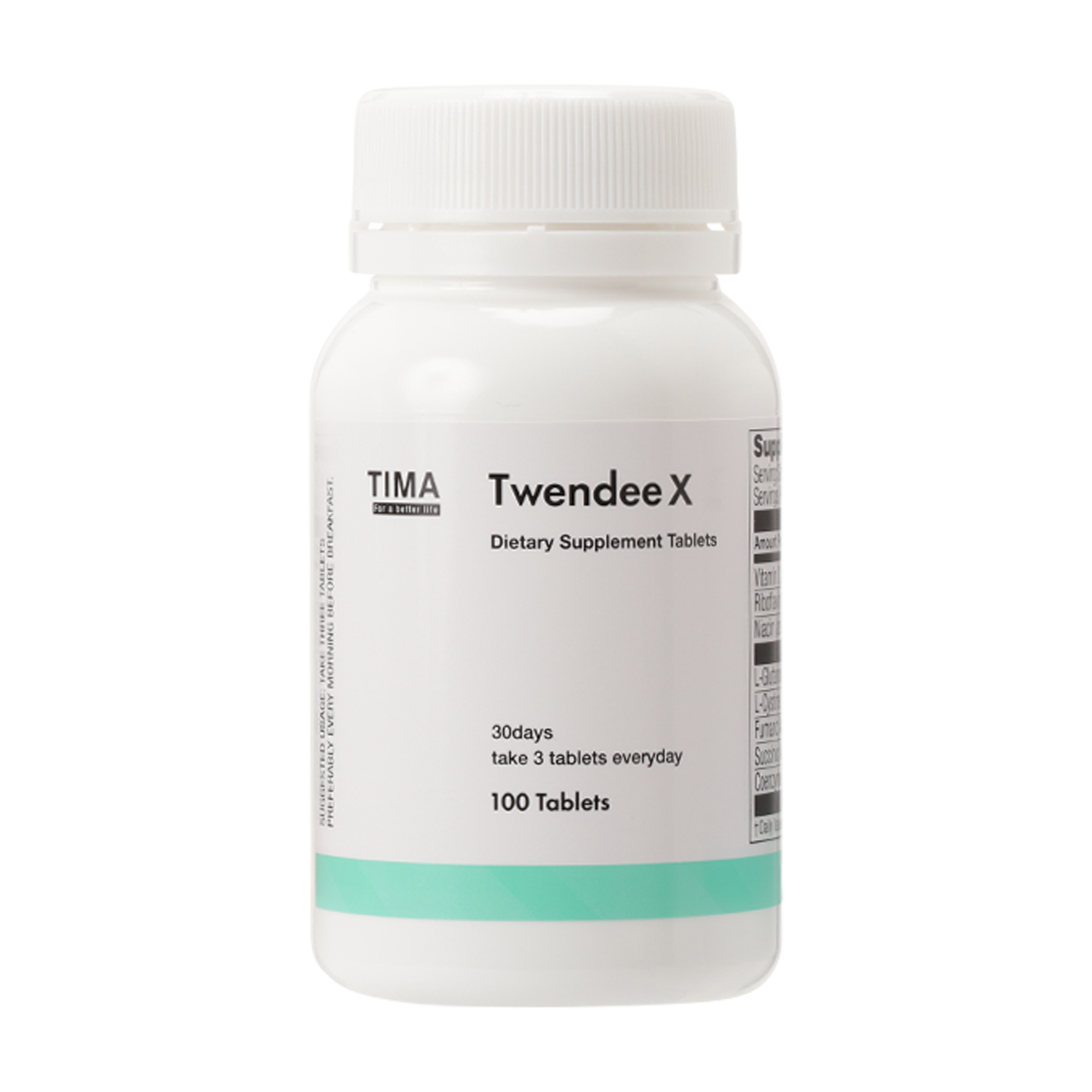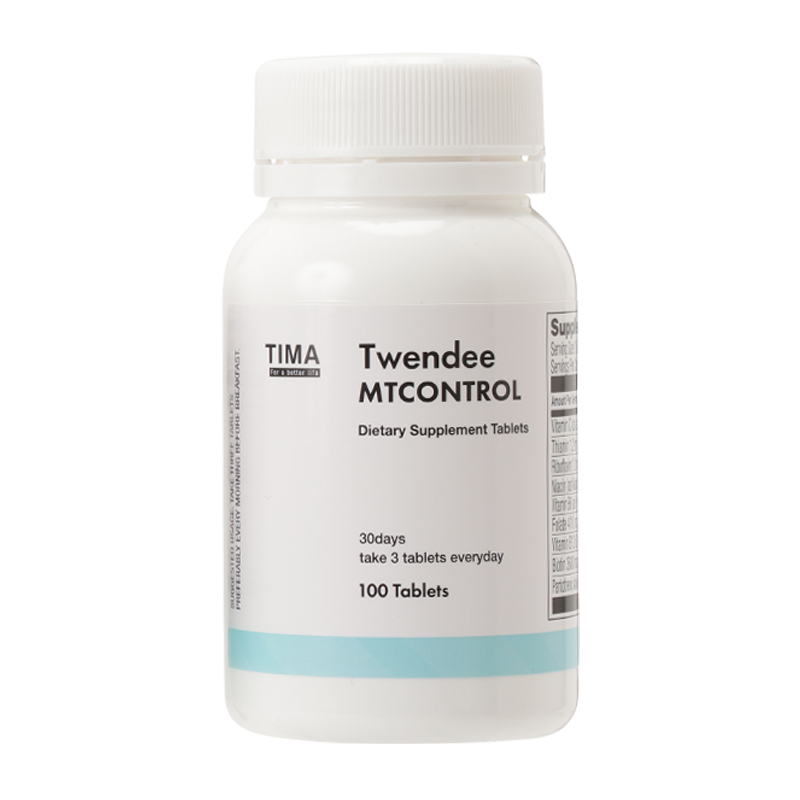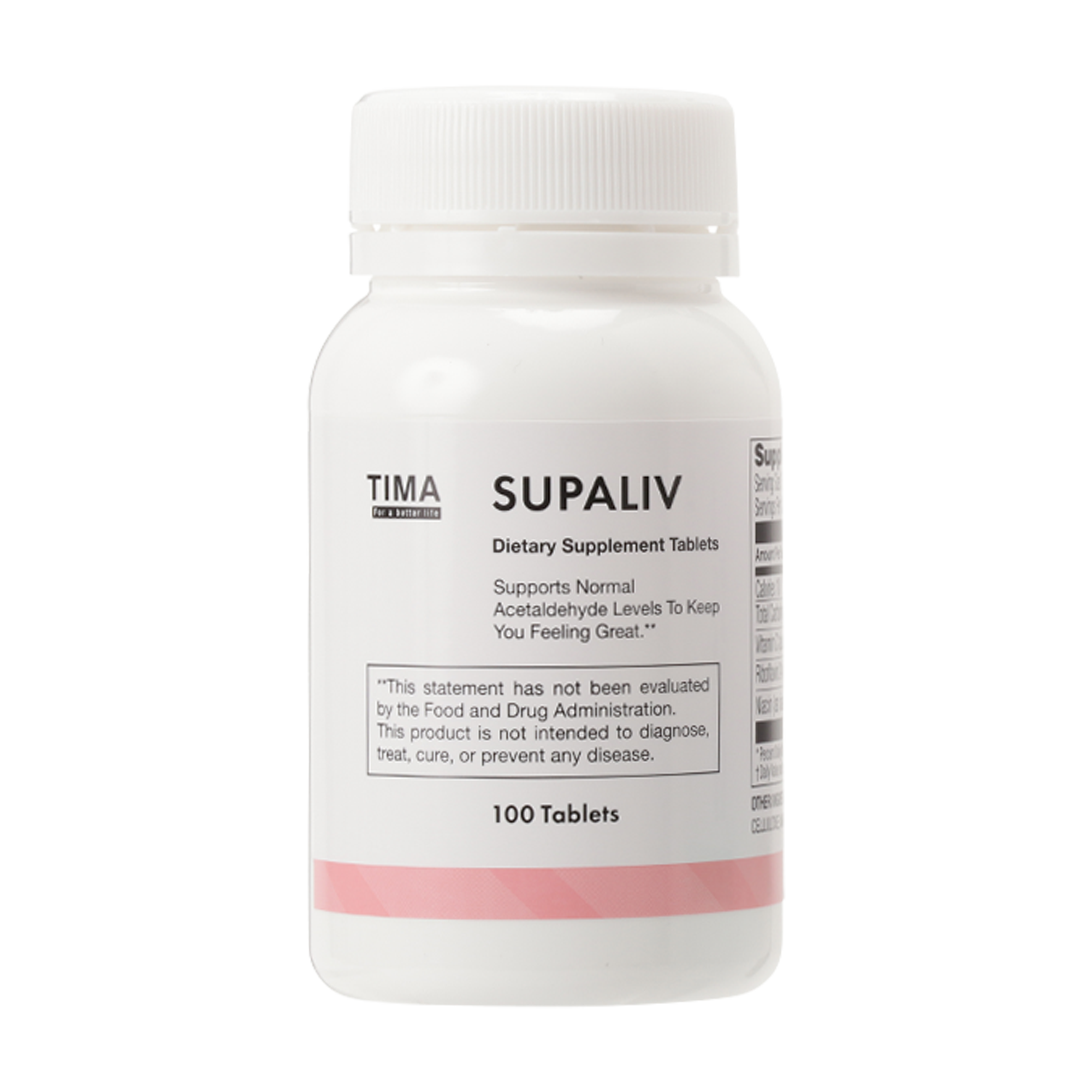Thesis on Oxidative Stress and "chronic obstructive pulmonary disease"
- Paper title
- Oxidant metabolism in chronic obstructive pulmonary disease
- Abstract summary
- A diet designed to reduce chronic metabolic stress might form an effective therapeutic strategy in chronic obstructive pulmonary disease.
- Authors
- A. Boots, G. Haenen, A. Bast
- Journal
- European Respiratory Journal
- Semantic Scholar URL
- https://semanticscholar.org/paper/54566054d3755ec137803d8944a21ed9f8d09bcb
- Abstract
-
The development and progression of chronic obstructive pulmonary disease (COPD) have been associated with increased oxidative stress or reduced antioxidant resources. Several indicators of oxidative stress, such as hydrogen peroxide exhalation, lipid peroxidation products and degraded proteins, are indeed elevated in COPD patients. As a result, the antioxidant capacity decreases in COPD patients. The fall in antioxidant capacity of blood from COPD patients should not only be regarded as a reflection of the occurrence of oxidative stress but also as evidence that oxidative stress spreads out to the circulation and can therefore generate a systemic effect. COPD is linked to weight loss and in particular to loss in fatfree mass by skeletal muscle wasting. This systemic effect can be mediated by both oxidative stress and oxidative stressmediated processes like apoptosis and inflammation. Furthermore, COPD is a predisposition for lung cancer through several mechanisms including oxidative stress and oxidative stressmediated processes such as inflammation and disruption of genomic integrity. Current therapeutic interventions against the farreaching consequences of the systemic oxidative stress in chronic obstructive pulmonary disease are not yet optimised. A diet designed to reduce chronic metabolic stress might form an effective therapeutic strategy in chronic obstructive pulmonary disease.








